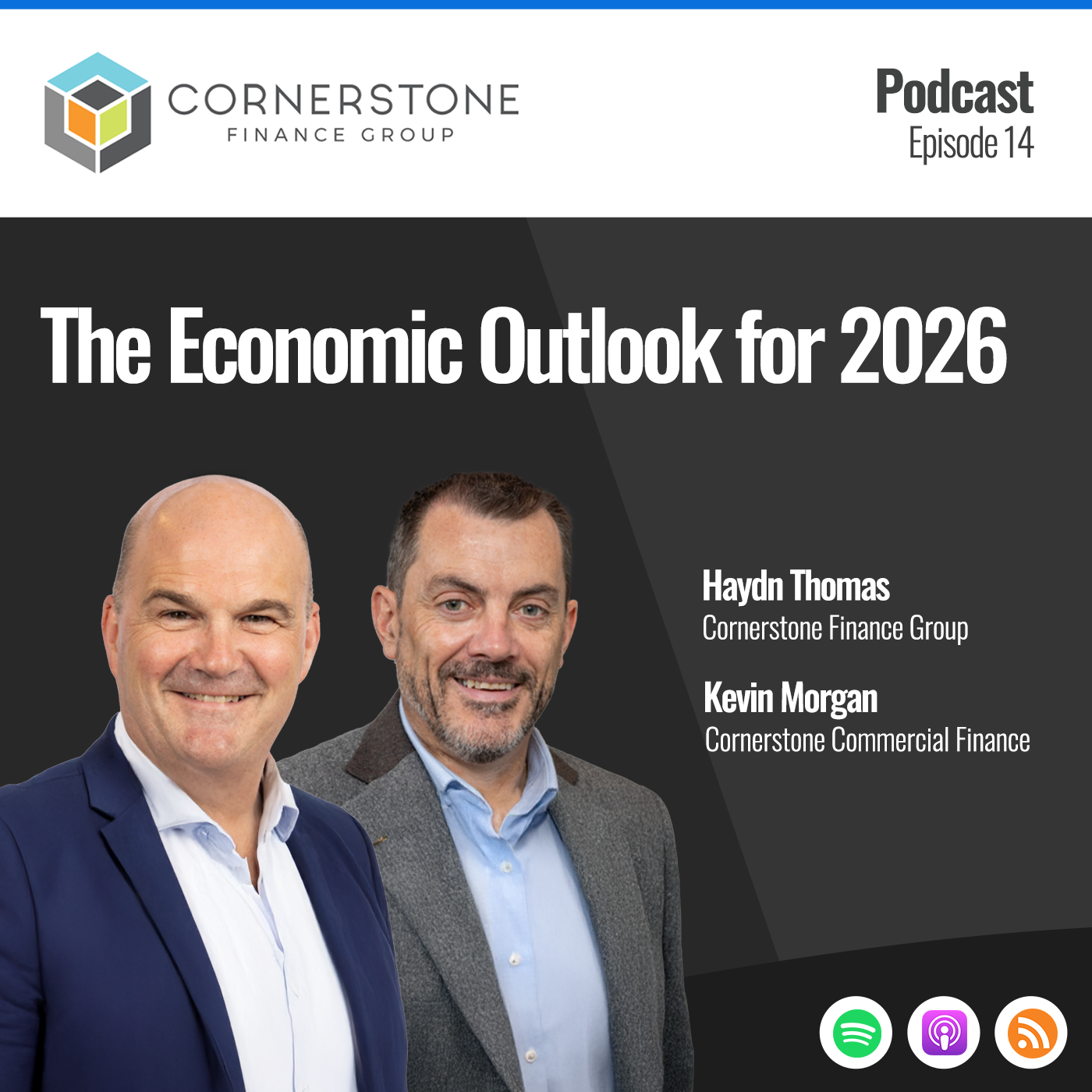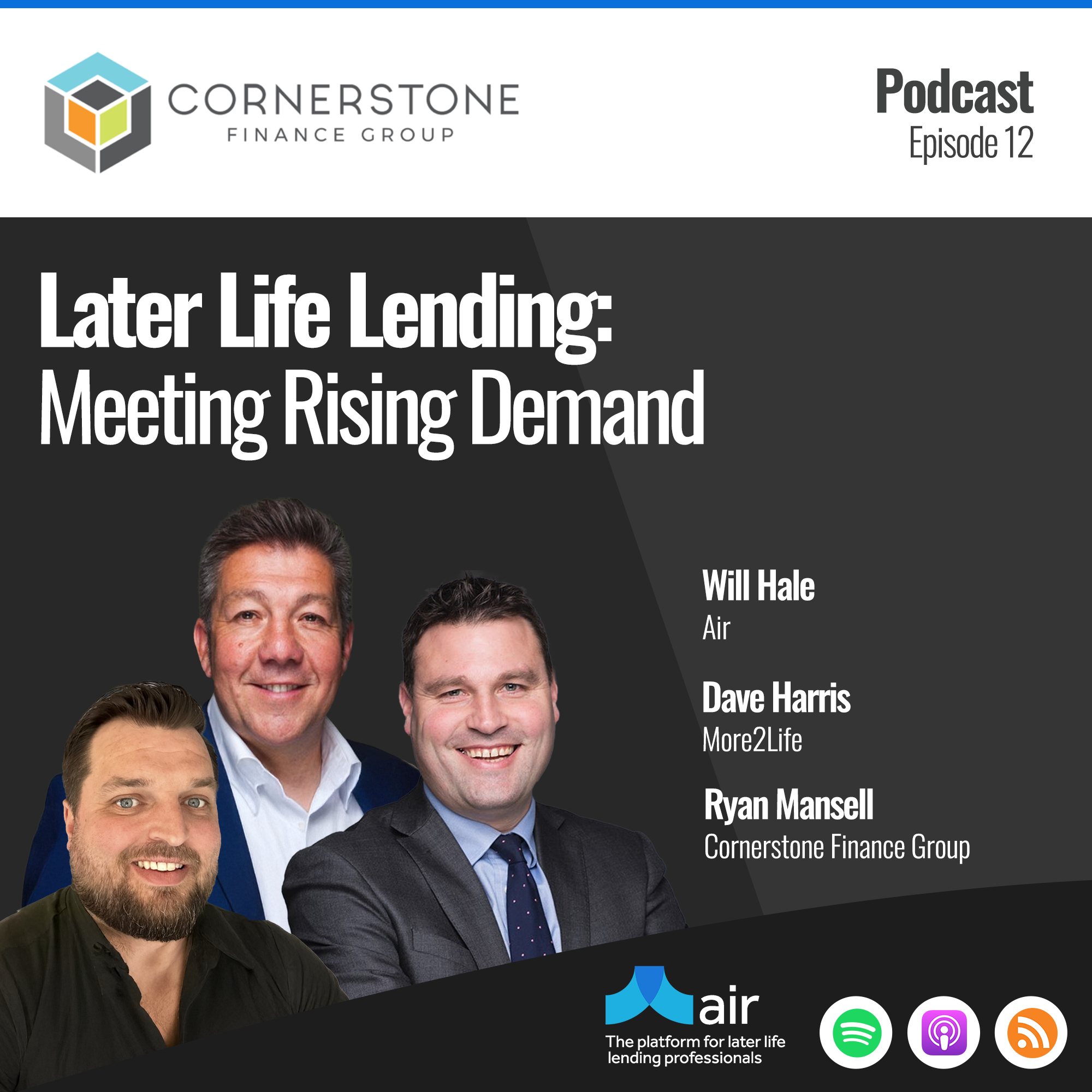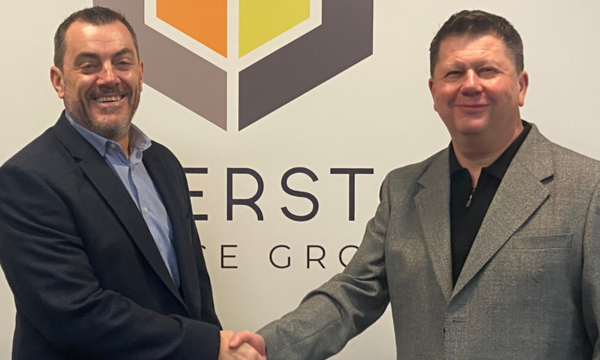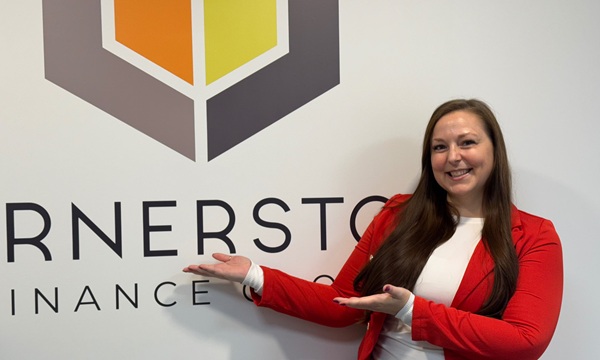
Later life lending is now a mainstream part of the mortgage market and advisers who fail to engage “risk leaving clients without the right support”.
Industry leaders say that with most homeowners expected to carry debt well into retirement, the sector is too significant to ignore.
Speaking on the Cornerstone Finance Group podcast, Will Hale, chief executive of Air, said the scale of the demographic shift meant the industry could no longer treat lending to older borrowers as a specialist corner of the market.
“Gone are the days where people look to take out their first mortgage in their early or mid-20s and have paid it down probably in their late 40s,” he said.
“Unfortunately, that’s not the reality that most people face now. All customers over the age of 55 should have all of their options considered.”
The changing profile of borrowers is driving new demand. Dave Harris, chief executive of More2Life, said more people are reaching retirement with mortgage debt while holding substantial equity in their homes, often greater than their pension wealth.
He described later life lending as “one of the fastest growing segments of the mortgage market in the UK” and urged advisers to connect themselves to it.
Dave added that advisers face a choice: either upskill and take on the work themselves, or build strong referral links with specialists. He argued that either option was valid, but ignoring the market altogether was not.
“You now have a phenomenal opportunity to connect yourself to this rapidly growing market,” he said.
For advisers, the evolution of products has made this a more practical proposition.
Ryan Mansell, equity release adviser at Cornerstone Finance Group, said labels such as “equity release” or “mortgage” mattered less than matching the product to the customer’s needs. With features such as interest-servicing options, flexible repayment structures and lifetime mortgages without early repayment charges, he said clients now had far more choice than in the past.
Ryan stressed the importance of adopting a client-first mindset.
“It is just putting that customer first. If you’ve got rid of the labels of products, you judge it on what that client needs now,” he said.
He added that The Cornerstone Network is helping advisers upskill through regular training and drop-in sessions, giving them the confidence to take on more complex cases.
Regulators are also paying closer attention. The Financial Conduct Authority’s recent discussion paper on the mortgage market included a dedicated section on later life lending. At present, equity release advice requires a standalone qualification beyond CeMAP. The FCA is considering whether this should change to make it easier for advisers to operate across the whole sector.
Will said a single qualification would help ensure all advisers had a basic understanding of later life products, even if they chose not to advise directly.
“Qualifications aren’t a silver bullet, but they’re a good starting place,” he said.
Dave added that Consumer Duty reinforced the obligation for advisers to consider later life options, while Ryan emphasised the need for continued education for both advisers and clients.













